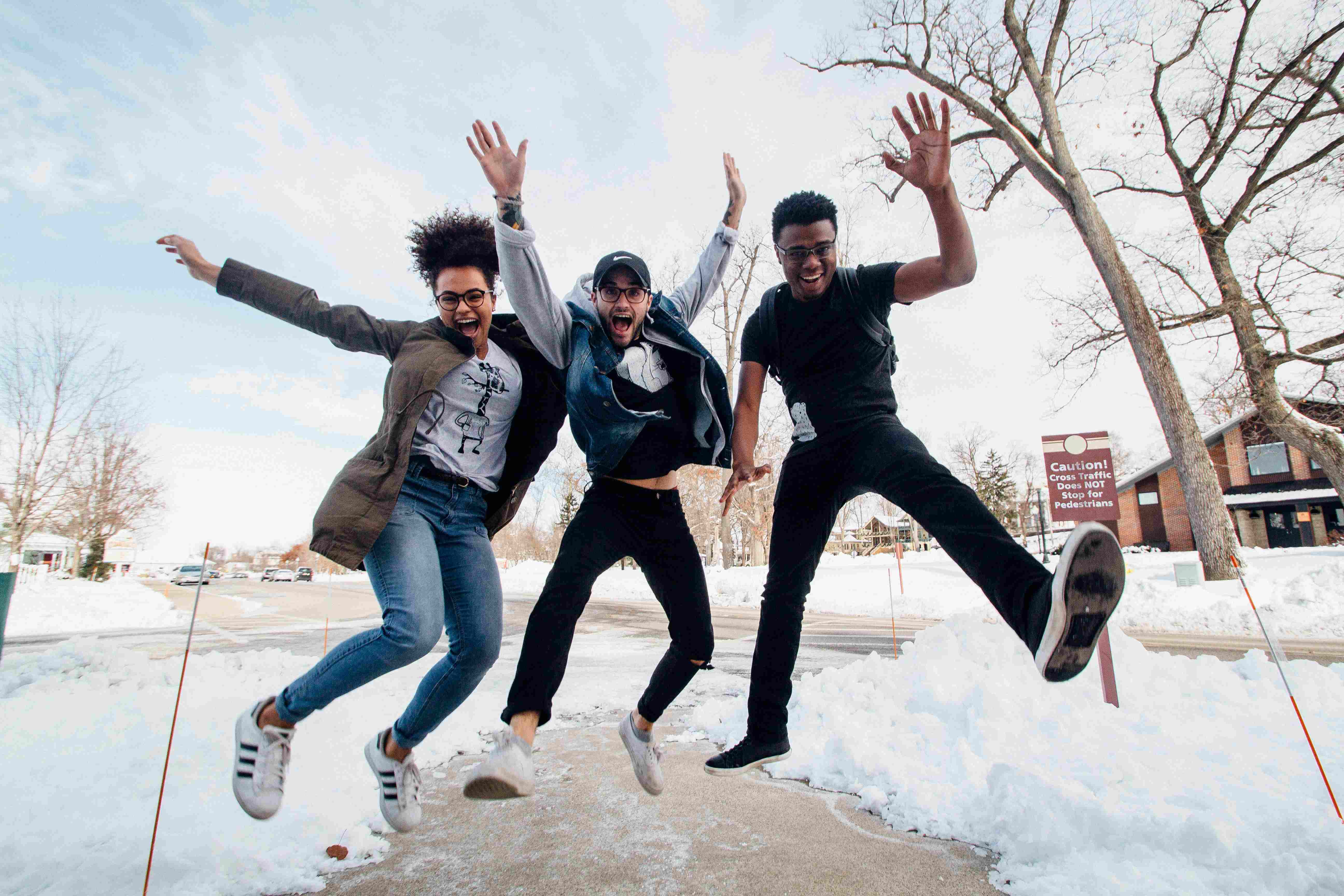
The number of American citizens who identify as bisexual has increased, according to a new survey.
The General Social Survey, or GSS, which is conducted every other year and focused on two samples of 1,500 people each, has released some interesting info about Americans from the past decade.
One result is the fact that people who identify as bisexual increased from 2008 to 2018. Before, the number of people who identified as bisexual was 1.1%, but now the number has increased to 3.3%.
That said, the opposite can be said for people who identify as lesbian and gay. While 1.6 percent of respondents identified as lesbian or gay in 2008, the number has only changed to 1.7 percent in 2018. The highest number ever reported was 2.2 percent in 2016.
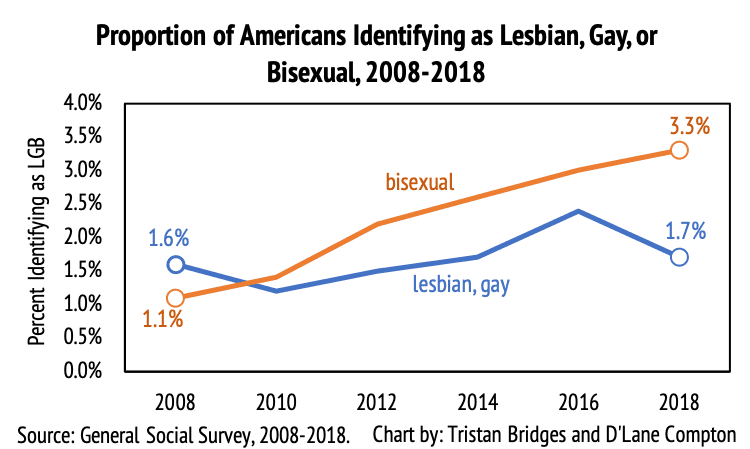
According to sociologists D’Lane Compton and Tristan Bridges, women led the charge in identifying as bisexual. In addition, people aged 18-34 and black people also showed the highest increase in identifying as bisexual among the age and race brackets. That said, the amount of black bisexual people was still a relatively small amount as they made up 7 percent of black respondents in 2018.
More: What’s Going On With Issa Rae’s TV Show About A Bisexual Black Man?
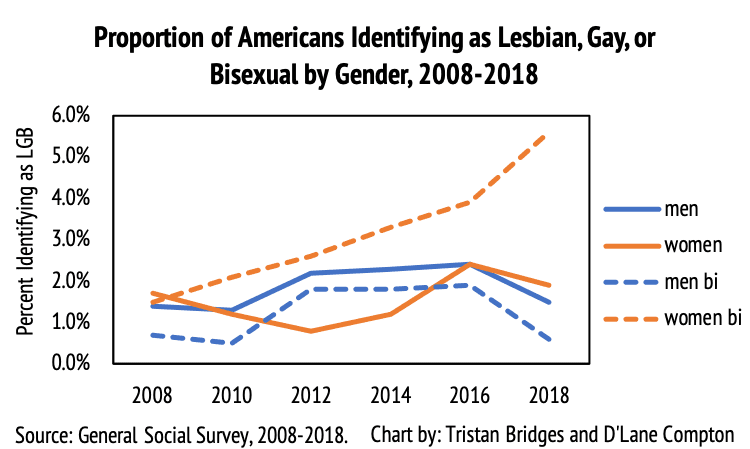
“We should care about bisexuality as a sexual identity, because as a sexual identity, it is one that continues to be on the rise,” wrote the researchers. “And, as both of us has written about previously, if we are going to continue to group bisexuals with lesbian women and gay men when we report on shifts in LGB populations, this might be something that deserves better understanding and more attention. Context matters in how we understand identities and how they change or evolve over time.”
These results mirror ones found in a recent Gallup survey.
“Gallup reported that much of the change in LGBT identification between 2012 and 2016 could be accounted for by young people, women, college-educated people, people of color, and those who are not religious,” the sociologists wrote.
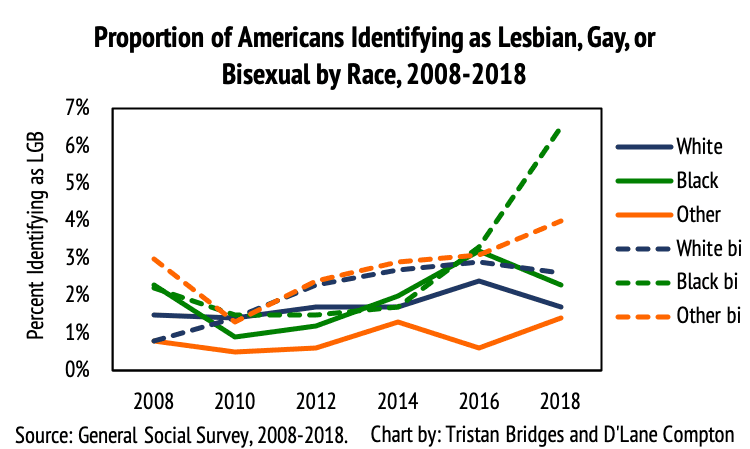
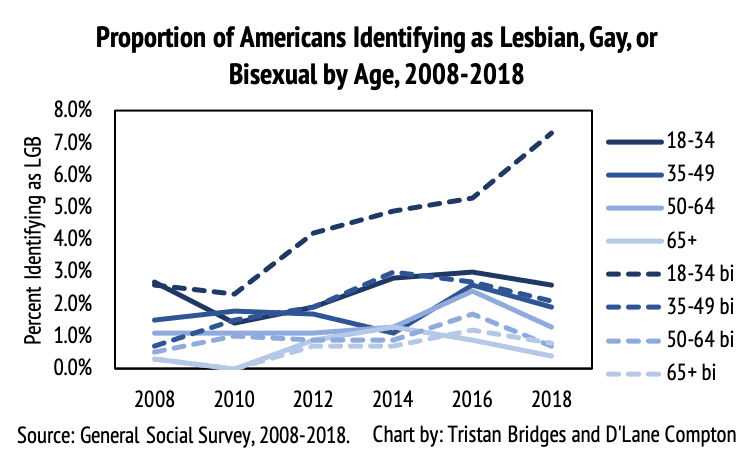
More: How The Magicians’ Season 4 Death Scene Was A Misguided Reach For Representation
